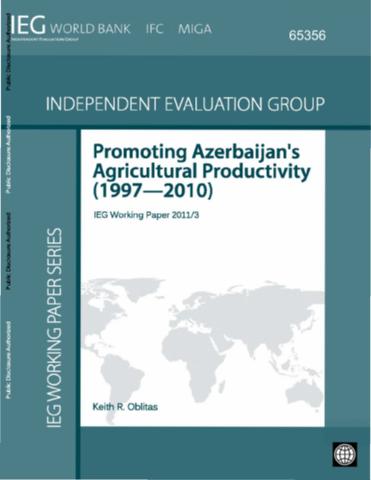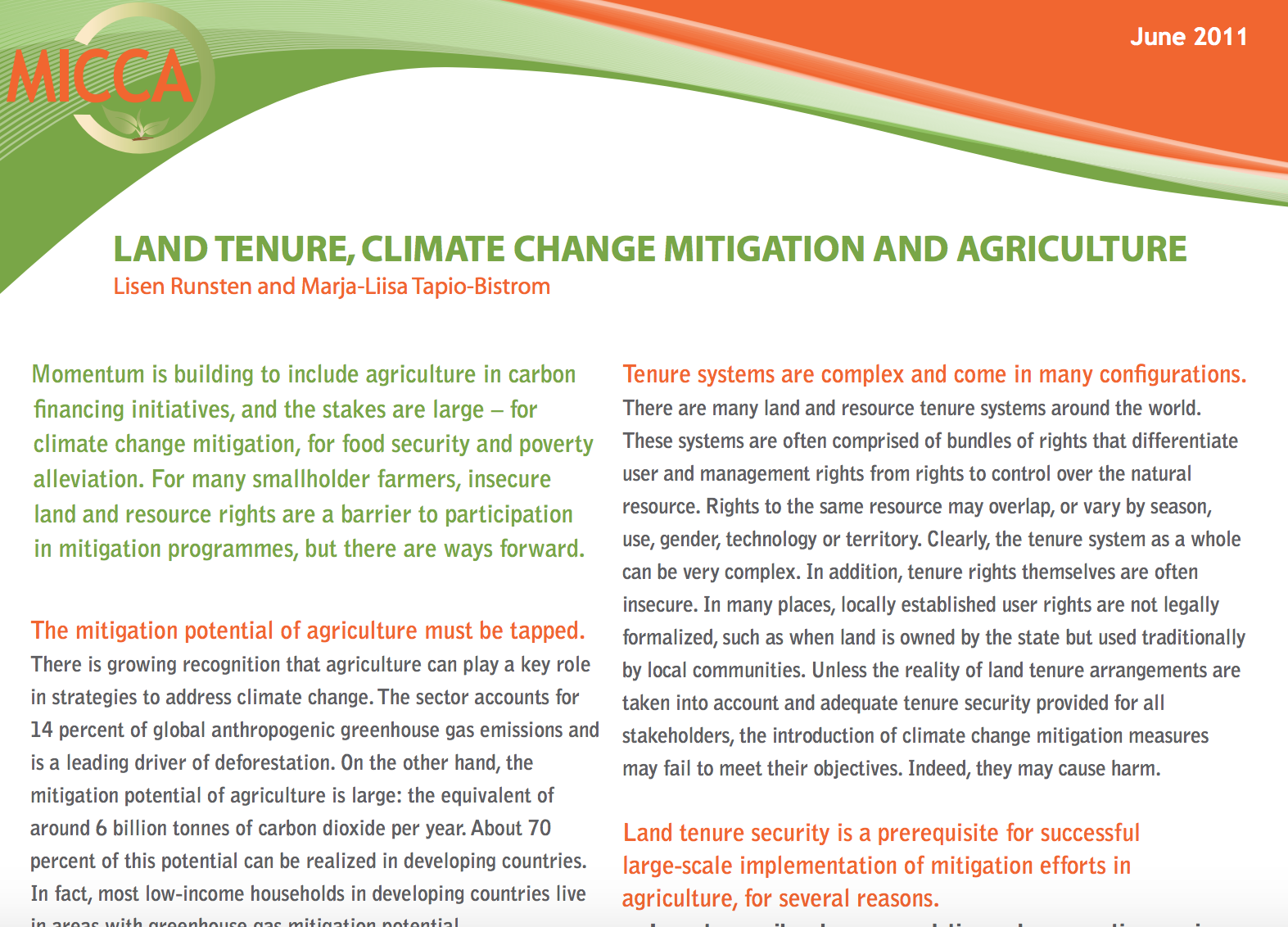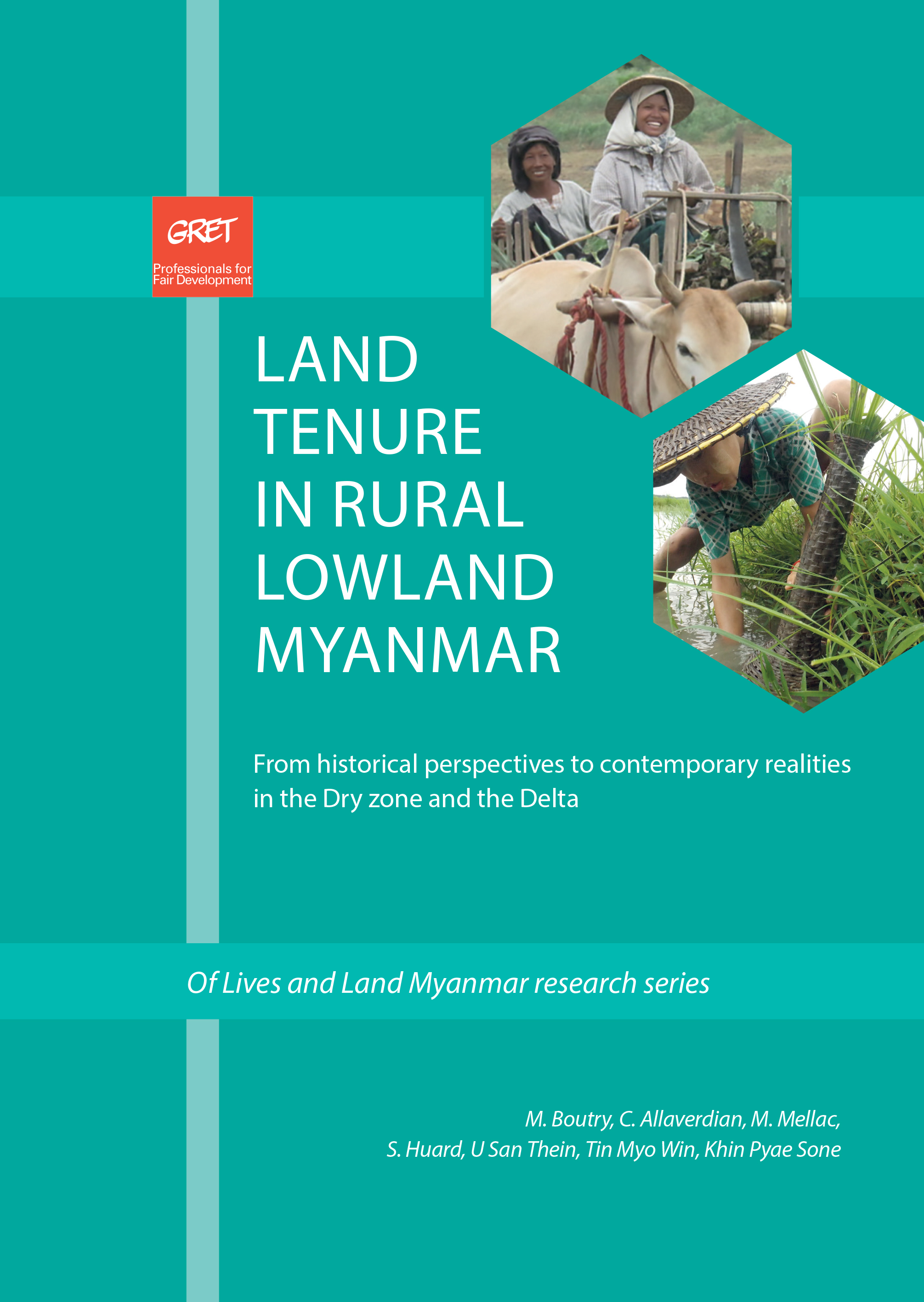Promoting Azerbaijan's Agricultural Productivity (1997-2010)
The objective of this study is to evaluate the World Bank Group's (International Bank for Reconstruction and Development [IBRD], International Development Association [IDA], and International Finance Corporation [IFC]) effectiveness in promoting growth in agricultural productivity in Azerbaijan, and to derive lessons that may be relevant for the World Bank Group's future engagement in Azerbaijani agriculture.






